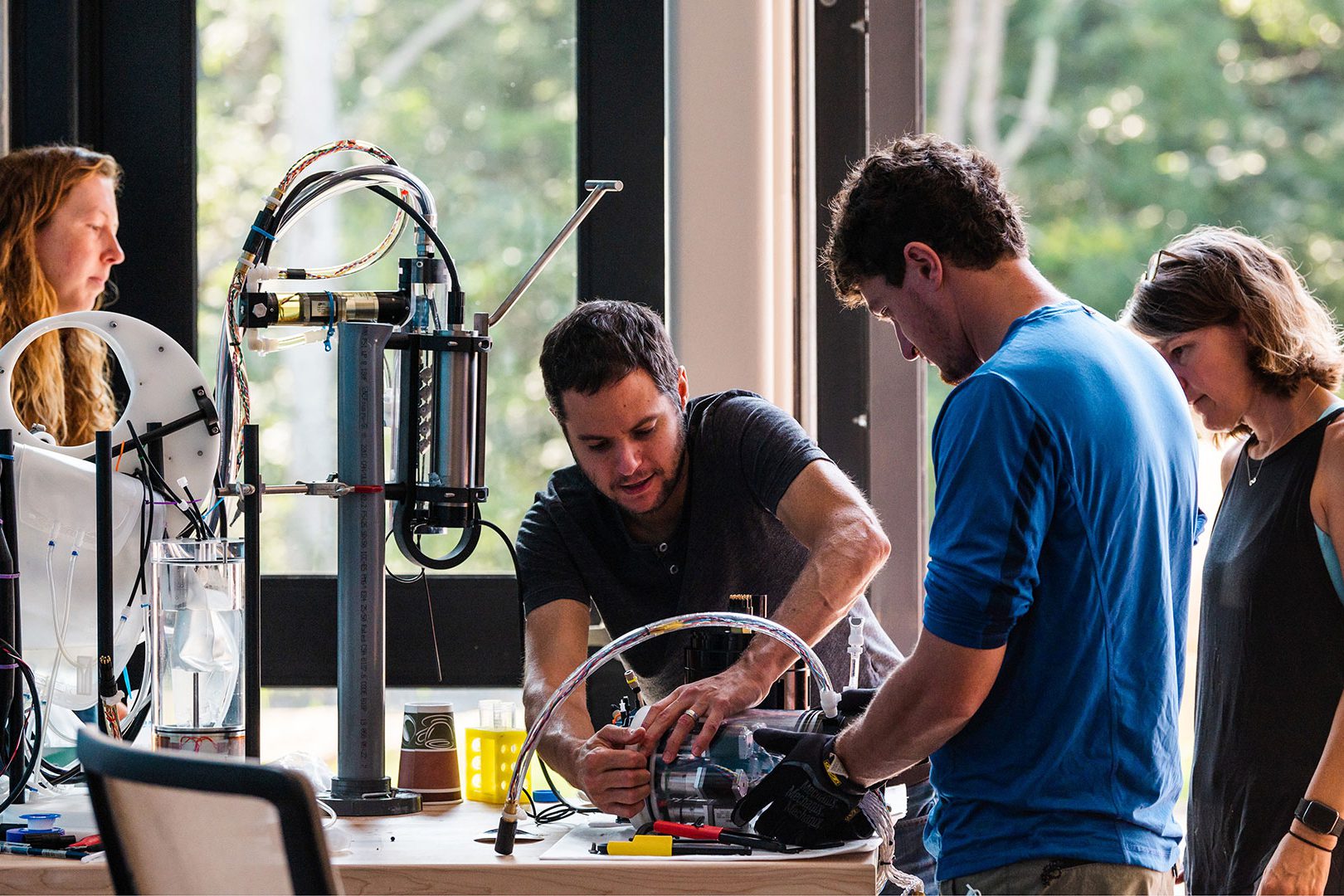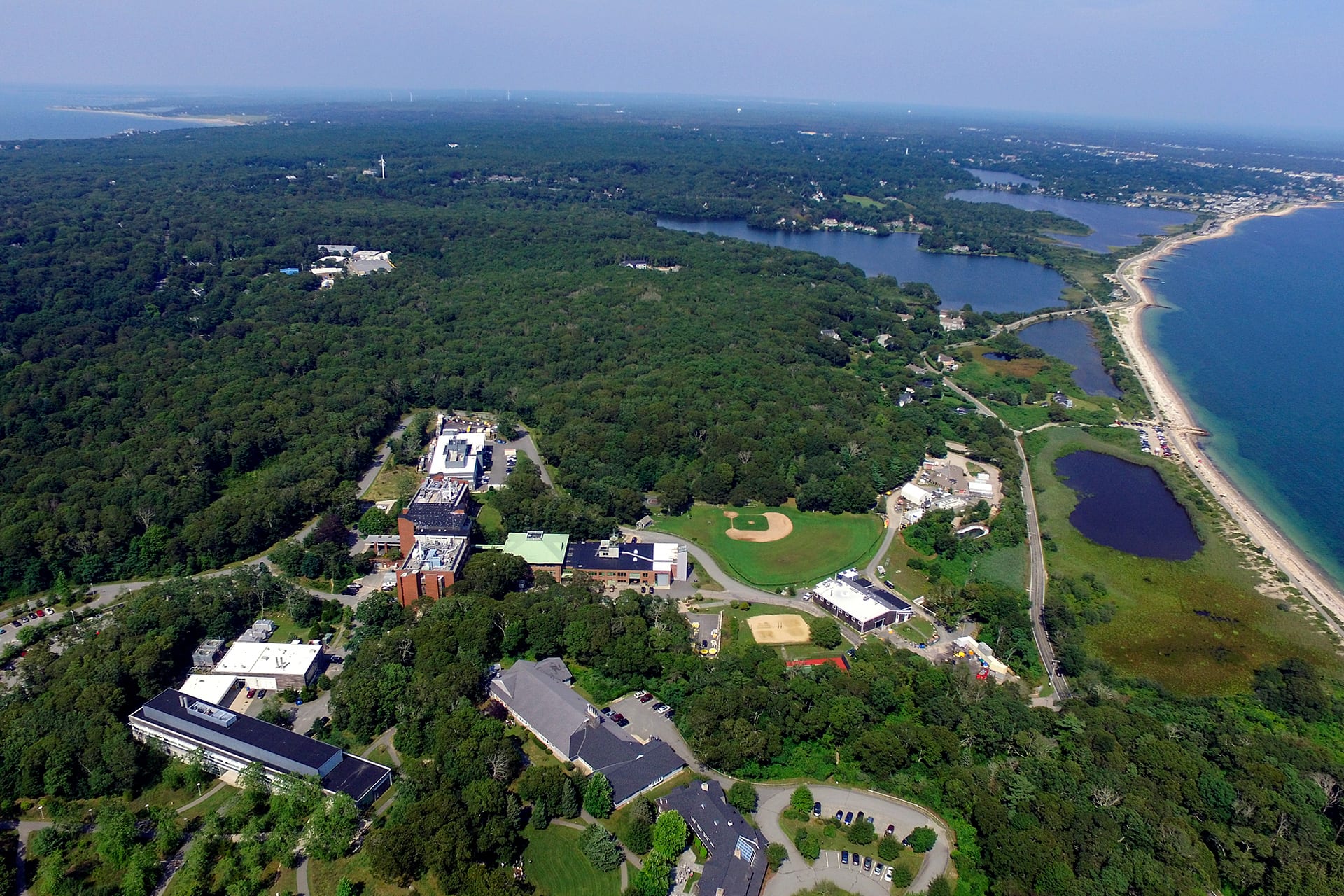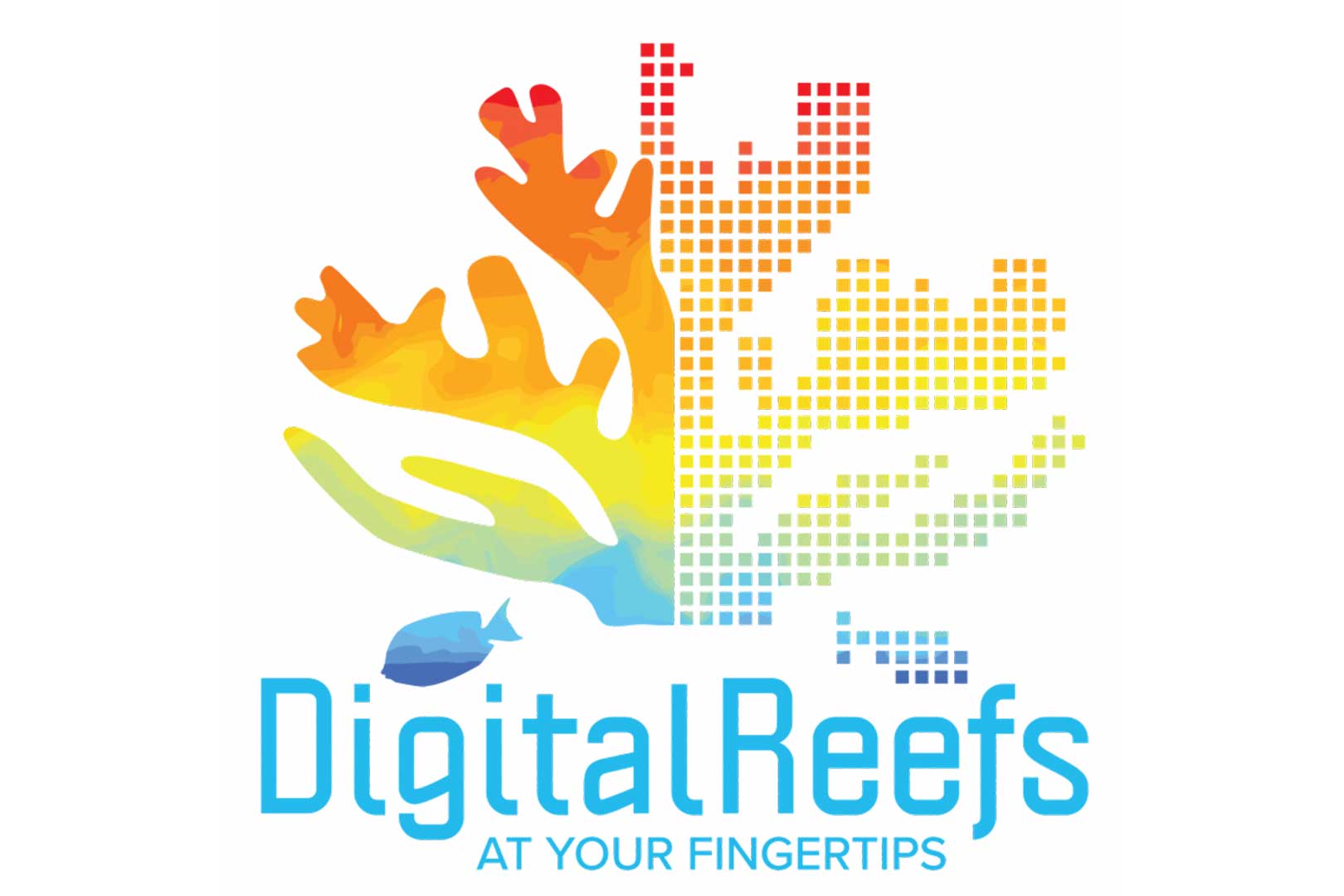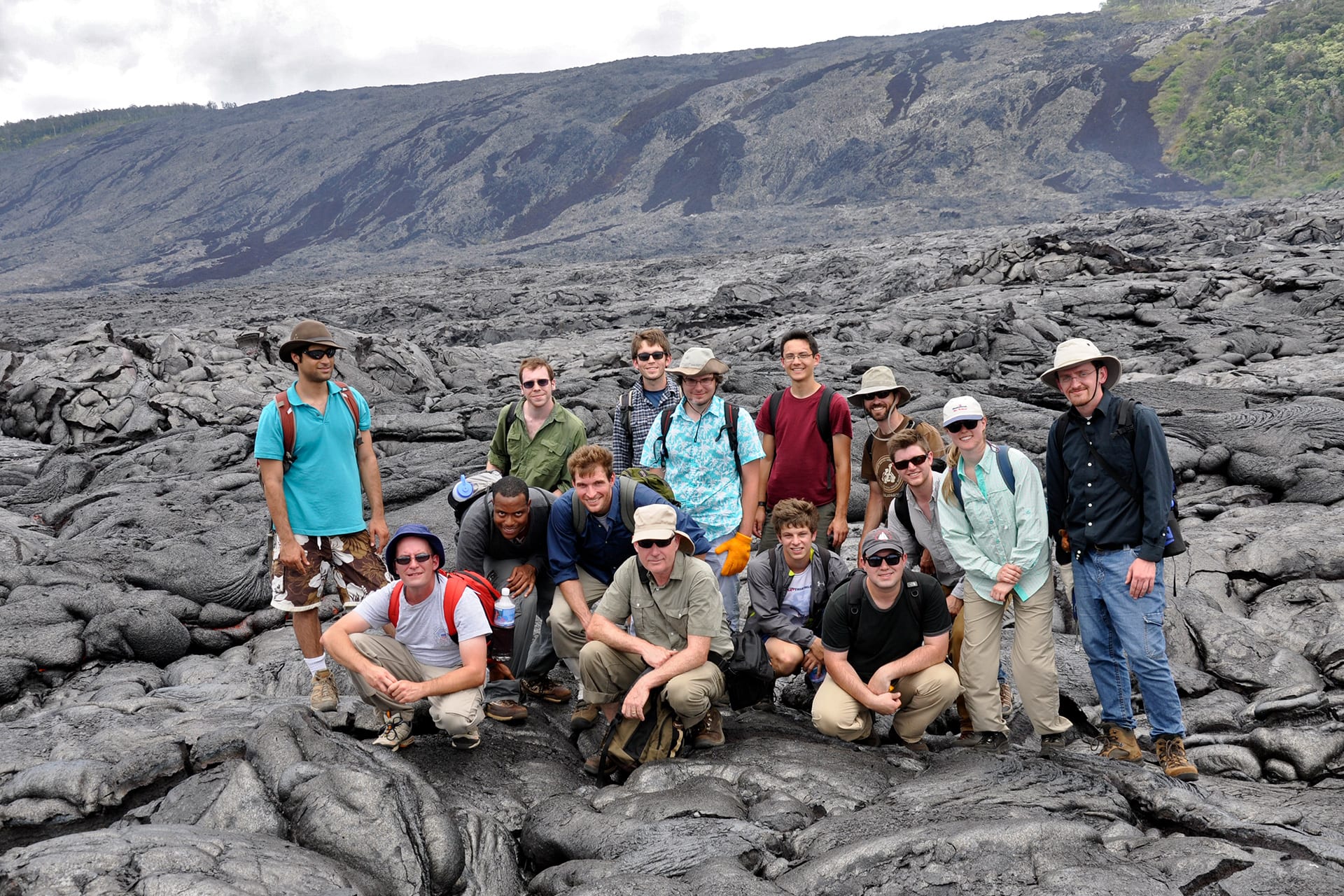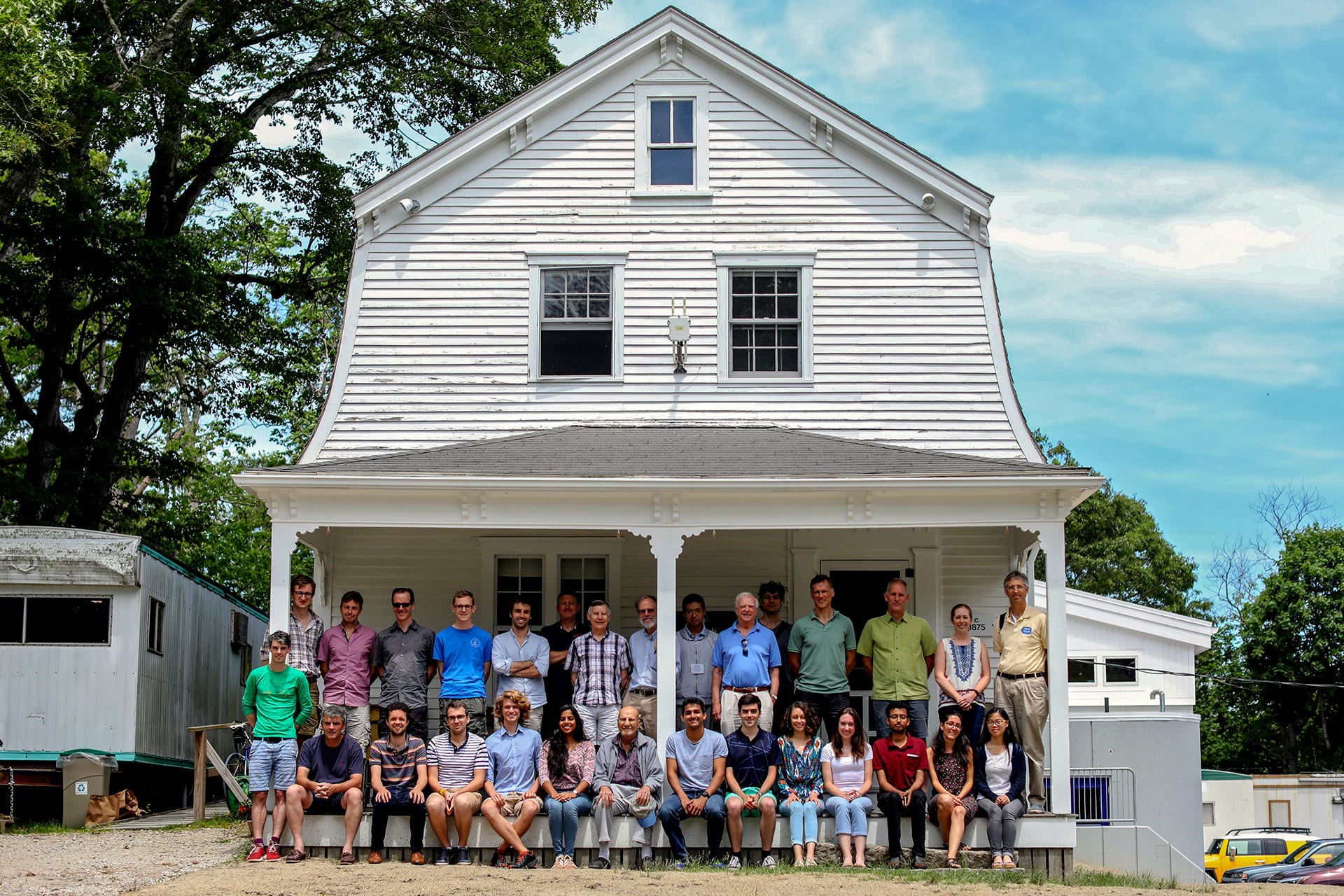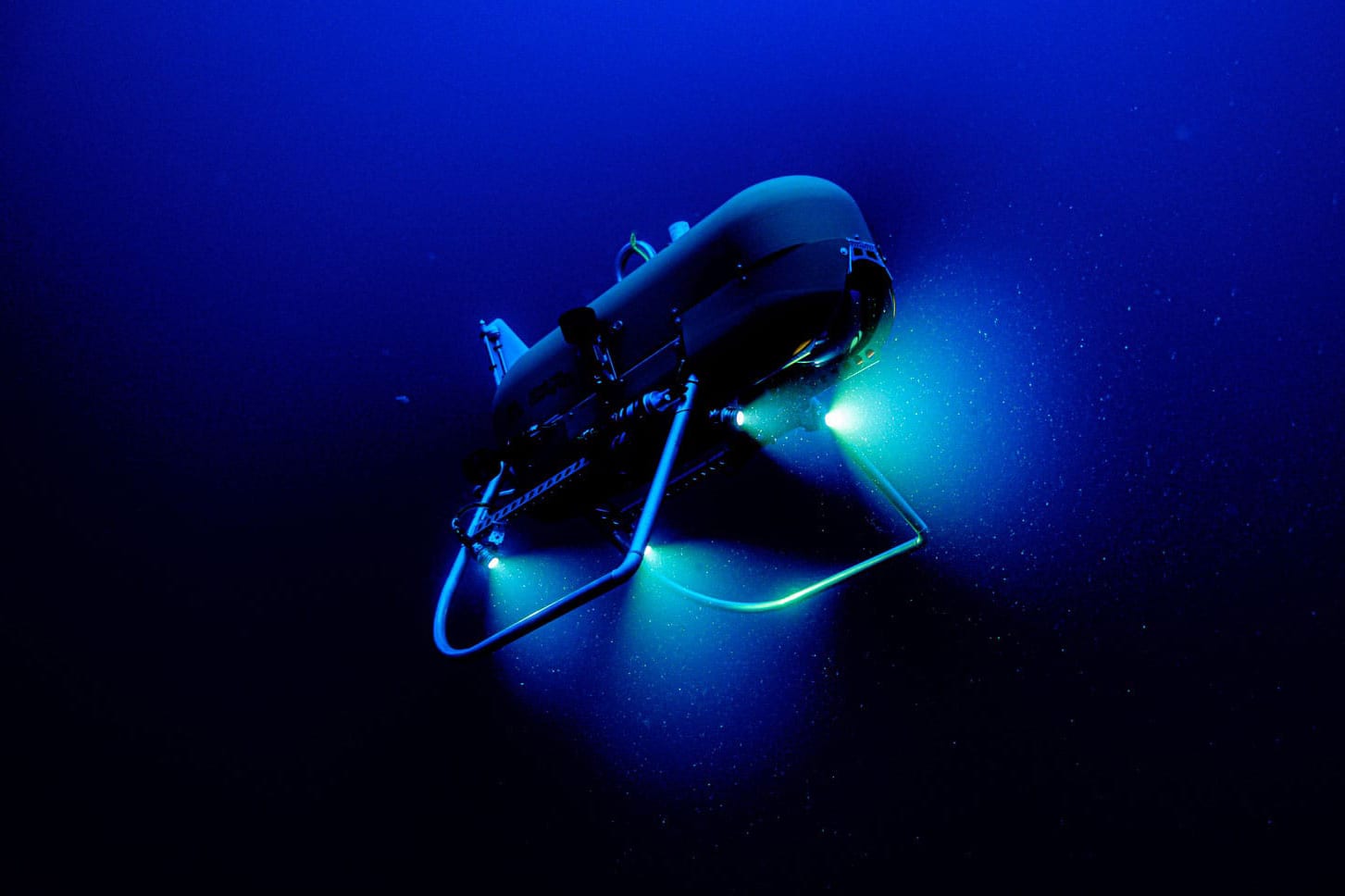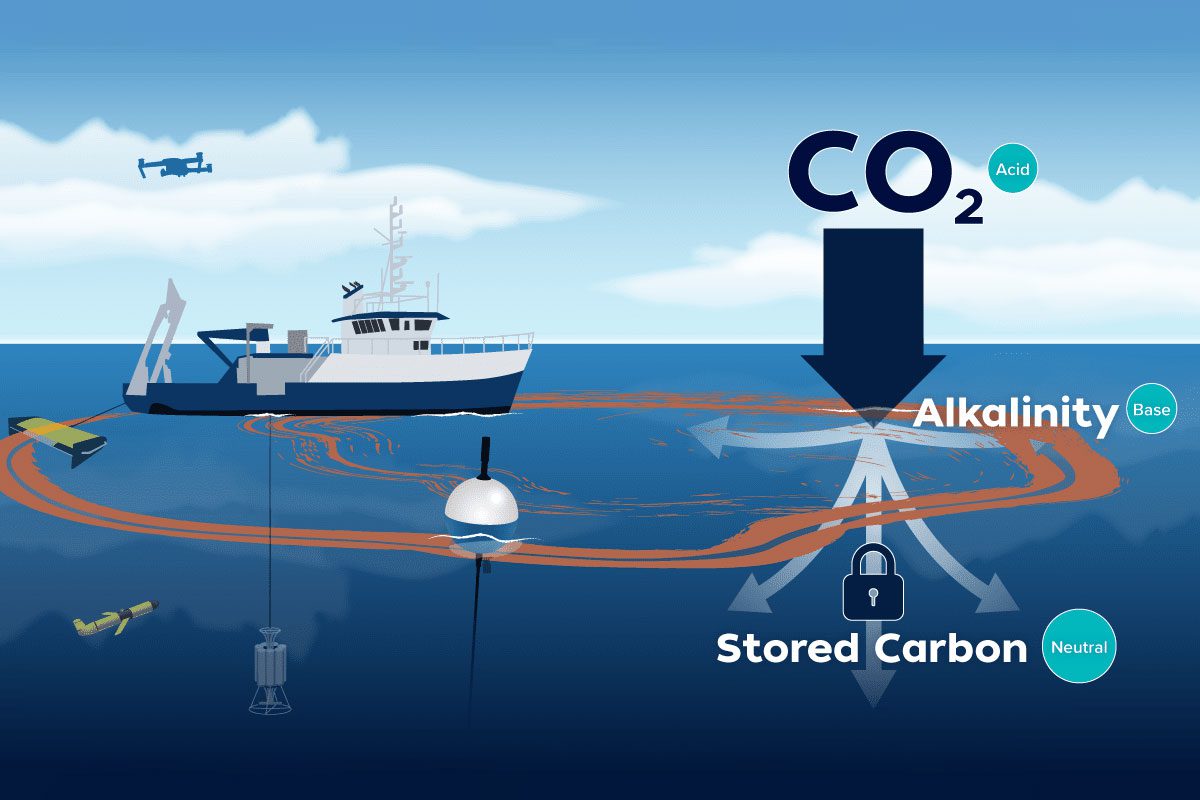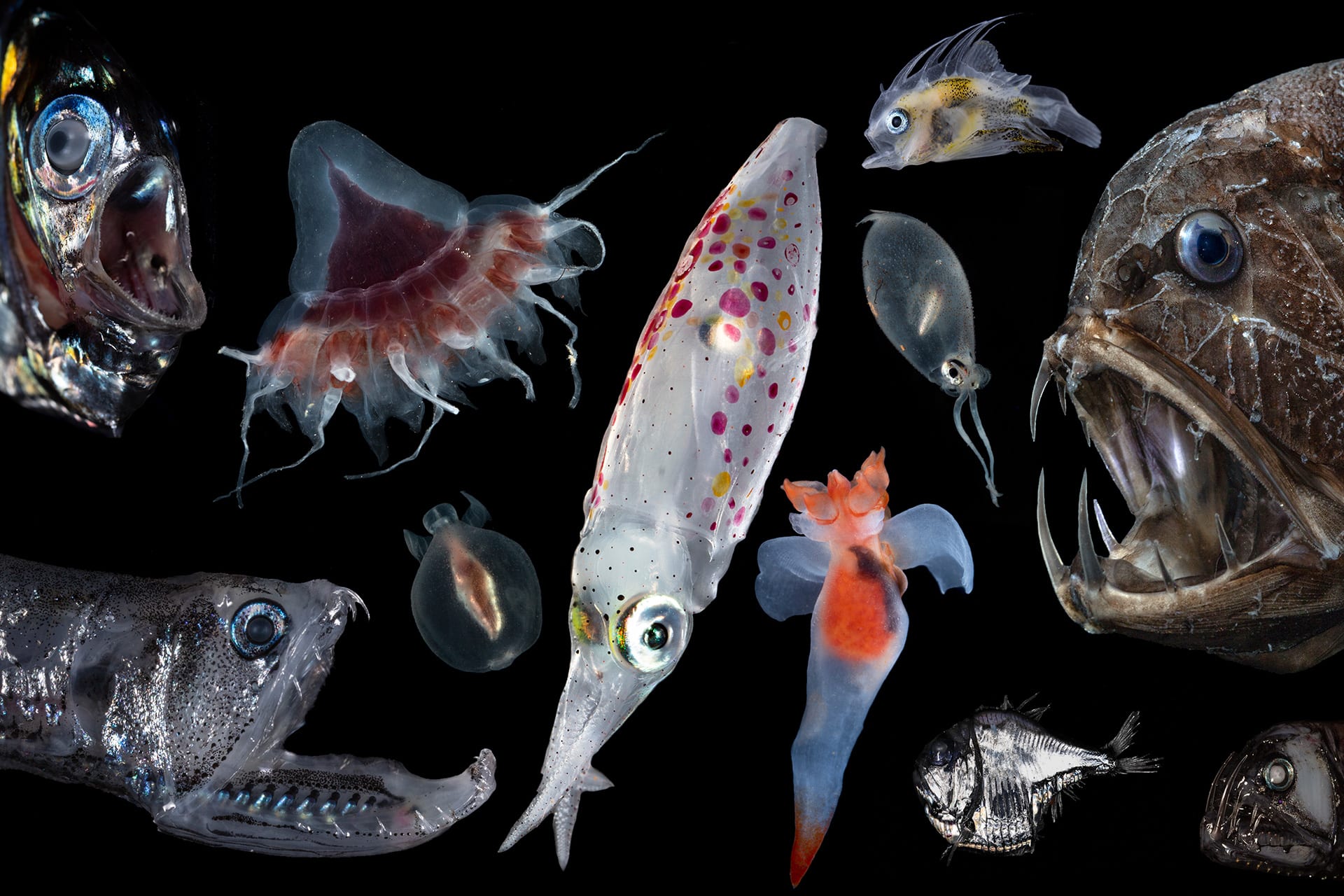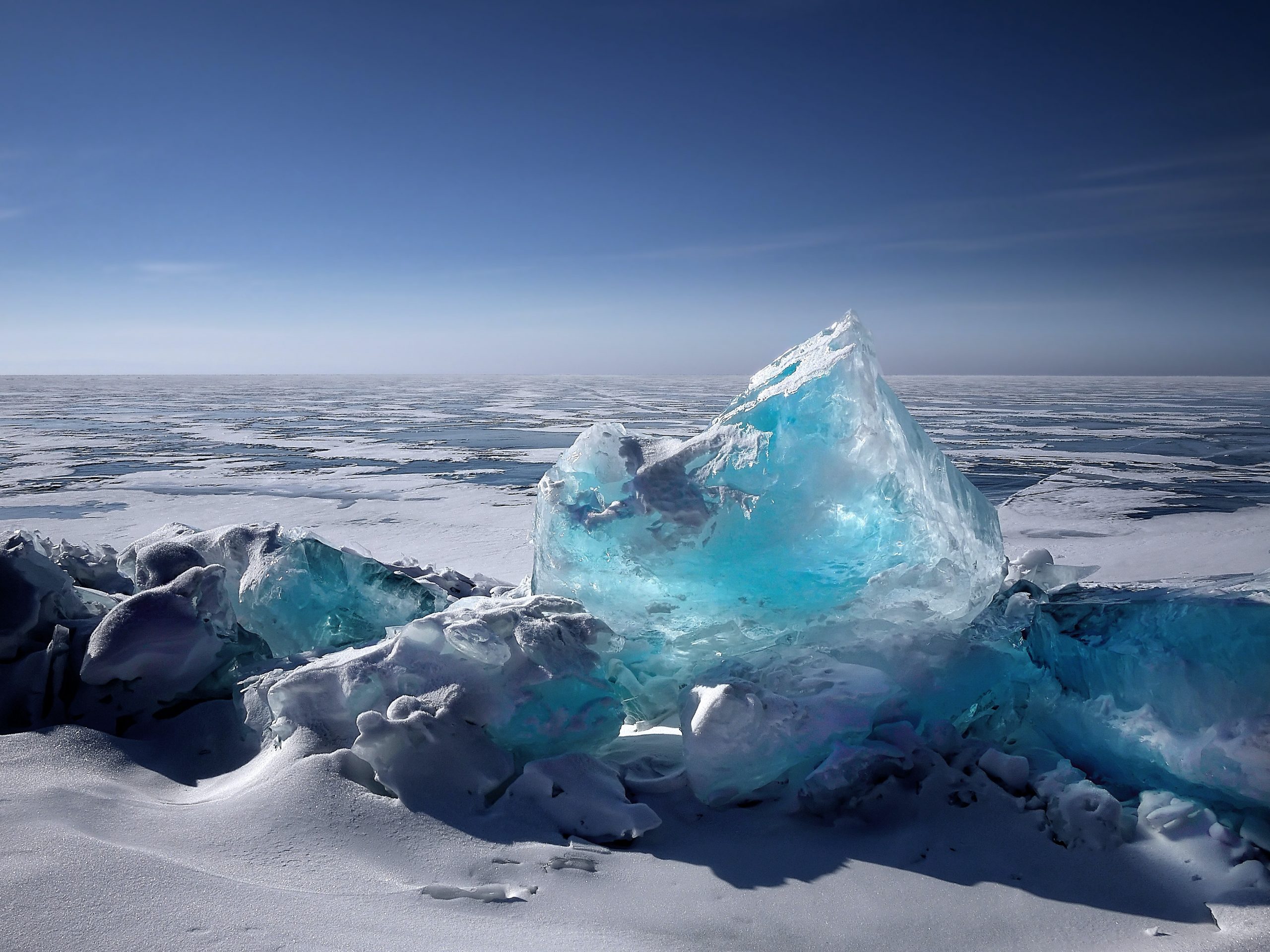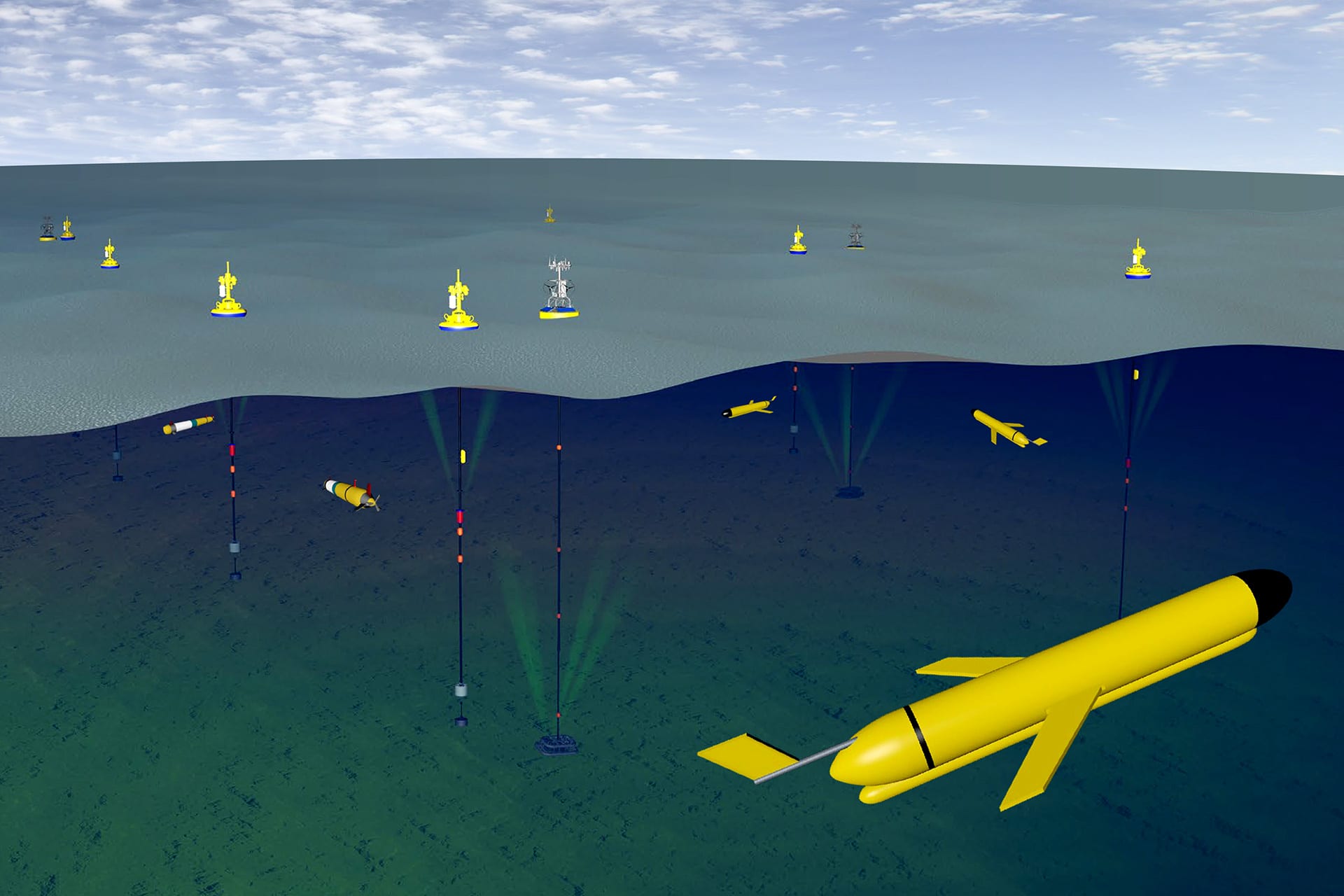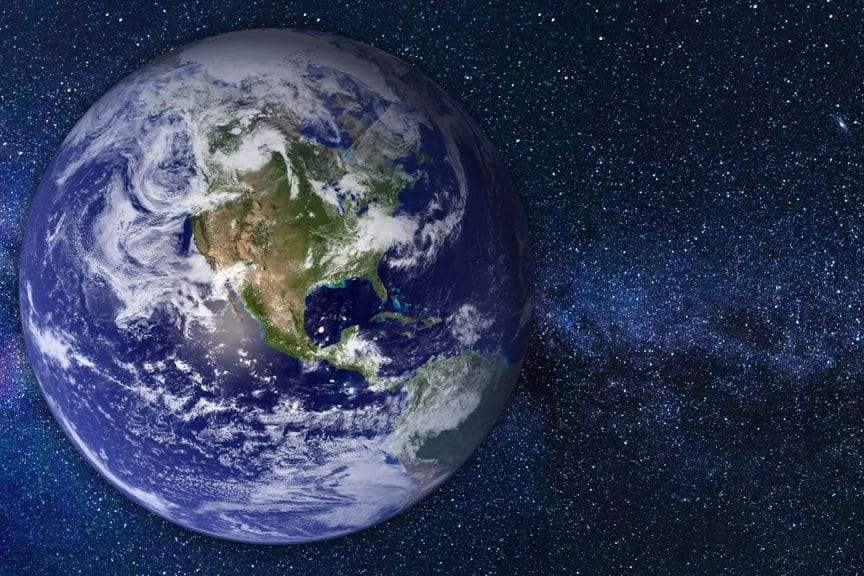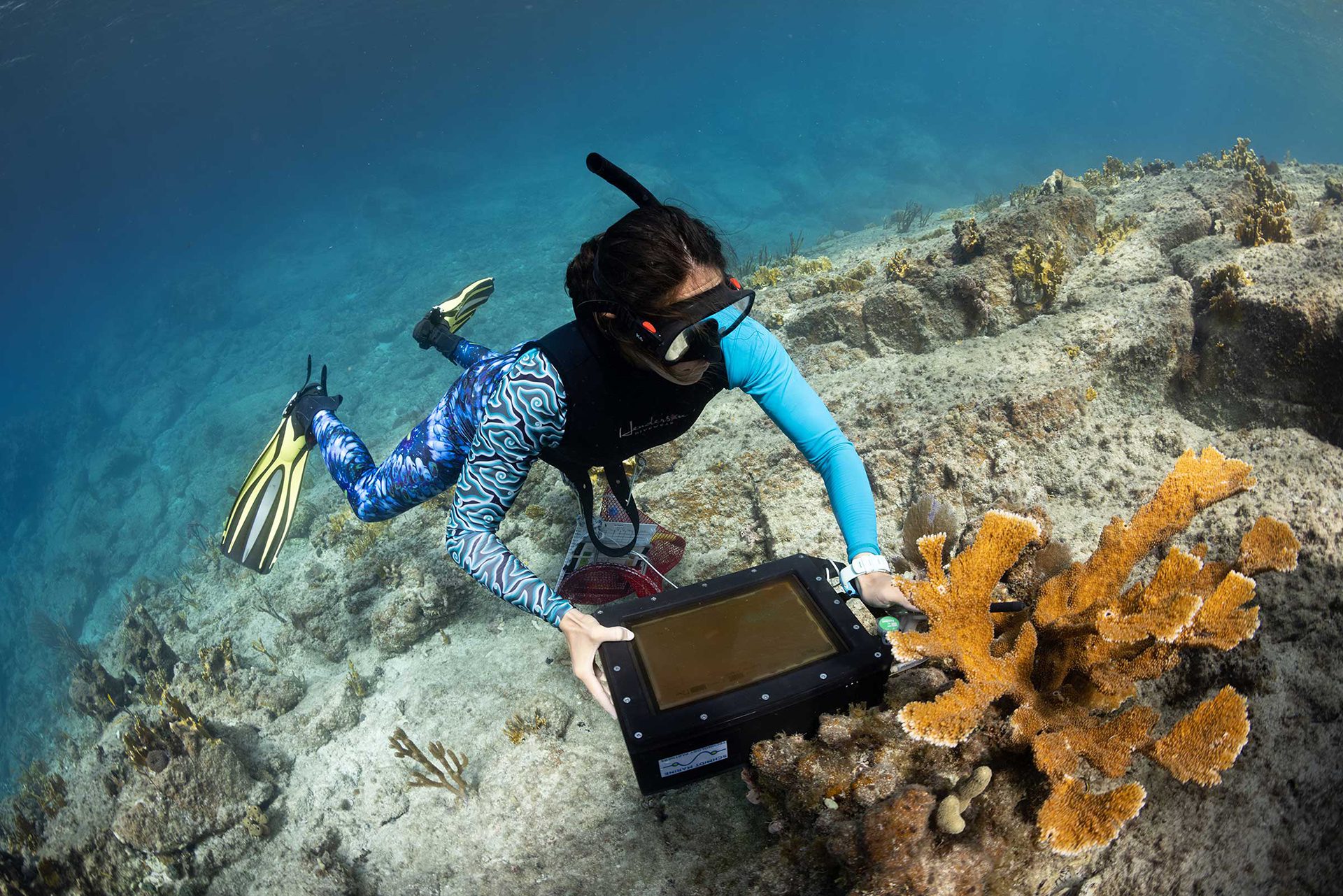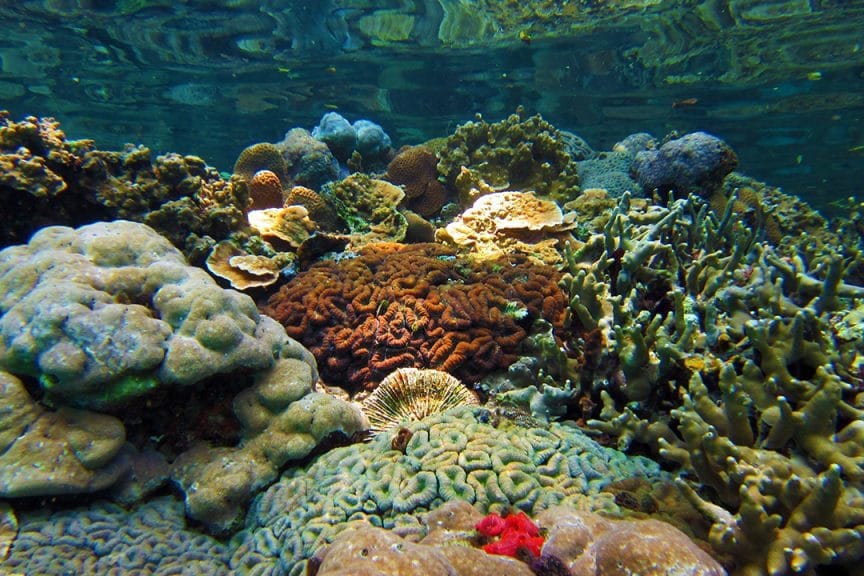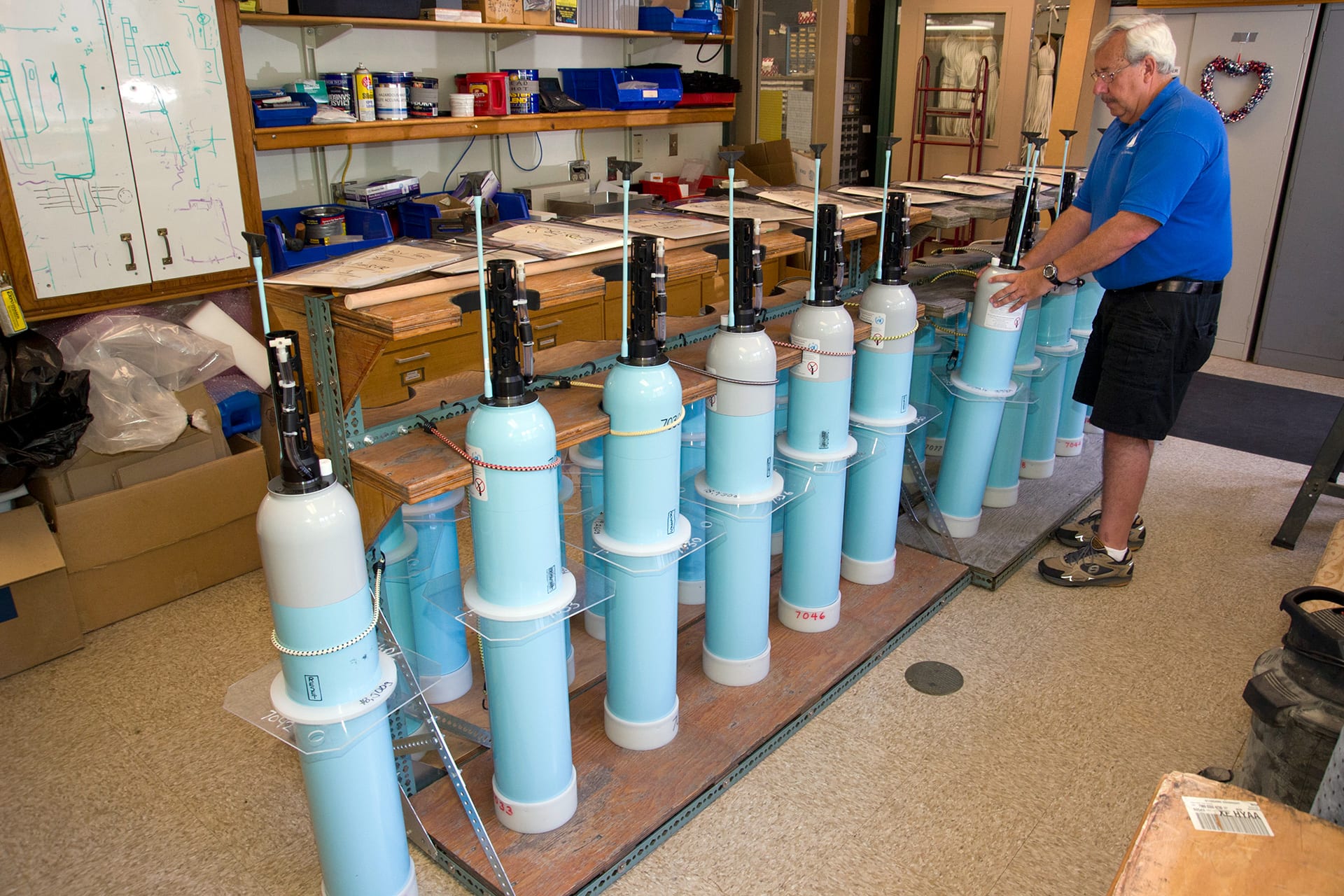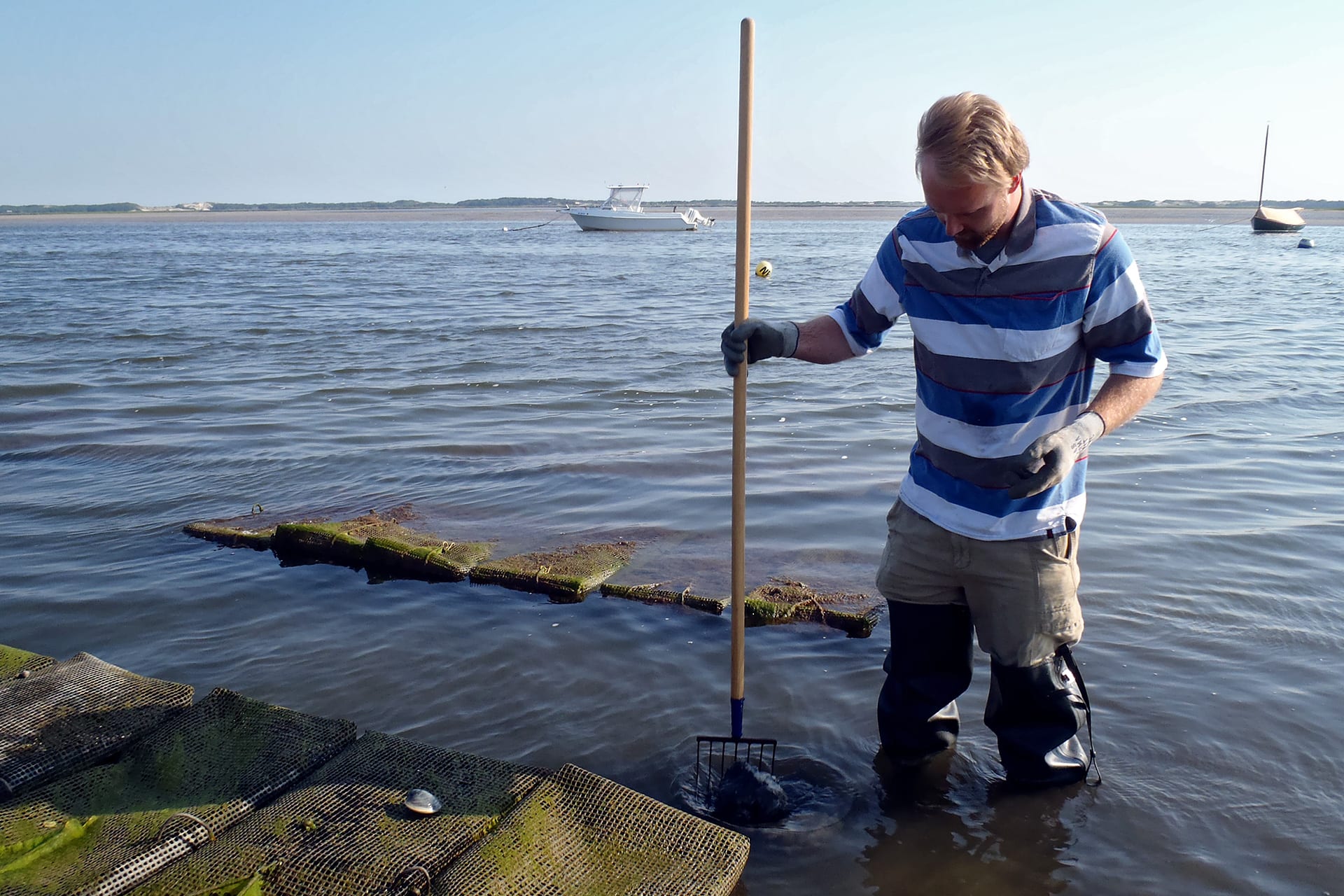Programs & Projects
WHOI contributes to or directly manages to a range of community-wide scientific efforts that help advance ocean research both nationally and internationally.
Autonomous Vehicles and Sensor Technologies (AVAST)
AVAST supports WHOI's vision for innovation in ocean technology, science, and education by providing the resources to create and pursue cutting-edge projects and programs.
Cooperative Institute for the North Atlantic Region (CINAR)
CINAR is a NOAA-supported consortium of five partner institutions that together span the region and provide the required breadth, depth and quality of scientific expertise, instrumentation, models, and facilities to address NOAA needs.
Digital Reefs
Digital Reefs is an NSF Convergence Accelerator-funded project to develop an easily accessible coral reef digital twin tool that will help communities manage and protect the resources they rely on for their health and economic vitality.
Geodynamics Program
An integrated program that fosters interdisciplinary research in the earth and life sciences among faculty, students and postdoctoral fellows.
Geophysical Fluid Dynamics Program
A summer program that promotes an exchange of ideas among the many distinct fields that share a common interest in the nonlinear dynamics of rotating, stratified fluids
HADEX
WHOI’s HADEX program is carrying out a comprehensive research, exploration, and technological development agenda to study the deepest parts of Earth’s ocean in order to better understand life on our planet and to set the stage for the exploration of oceans beyond Earth.
Marine Microplastics Initiative
Investigating the fate of microplastics and their impacts on marine life and human health.
The LOC-NESS Project
A research program to study ocean alkalinity enhancement on the Northeast Shelf and Slope of the U.S.
The Ocean Twilight Zone
A project to explore one of our planet’s hidden frontiers—the ocean twilight zone, a vast, globe-spanning, and dimly lit region between about 200 and 1,000 meters beneath the ocean’s surface.
Ocean & Climate Innovation Accelerator
OCIA is a first-of-its-kind consortium bringing together industry, academia, and philanthropy. Focused on advancing knowledge of the ocean’s critical role as a defense against a warming planet, OCIA is developing and accelerating new climate change solutions.
Ocean Observatories Initiative
Coastal and Global Scale Nodes of long-term, NSF-funded ocean observatory program.
Ocean Worlds
Discovering the links between life in our ocean and the search for life beyond Earth.
Reef Solutions
A WHOI-funded initiative to protect corals and reverse the global decline of reef ecosystems with rigorous science, advanced tools, and innovative solutions.
Super Reefs
Searching for corals around the world to help ensure a future for reefs in a warming ocean.
WHOI Argo Program
The Argo observational network consists of a fleet of 3000+ profiling autonomous floats deployed by about a dozen teams worldwide. WHOI has built about 10% of the global fleet.
» argo.net
Woods Hole Oceanographic Institution Sea Grant
Based at WHOI, Woods Hole Seagrant is part of a NOAA network of 32 programs that support research, education, and extension projects that encourage environmental stewardship, long-term economic development, and responsible use of the nation's coastal and ocean resources.

